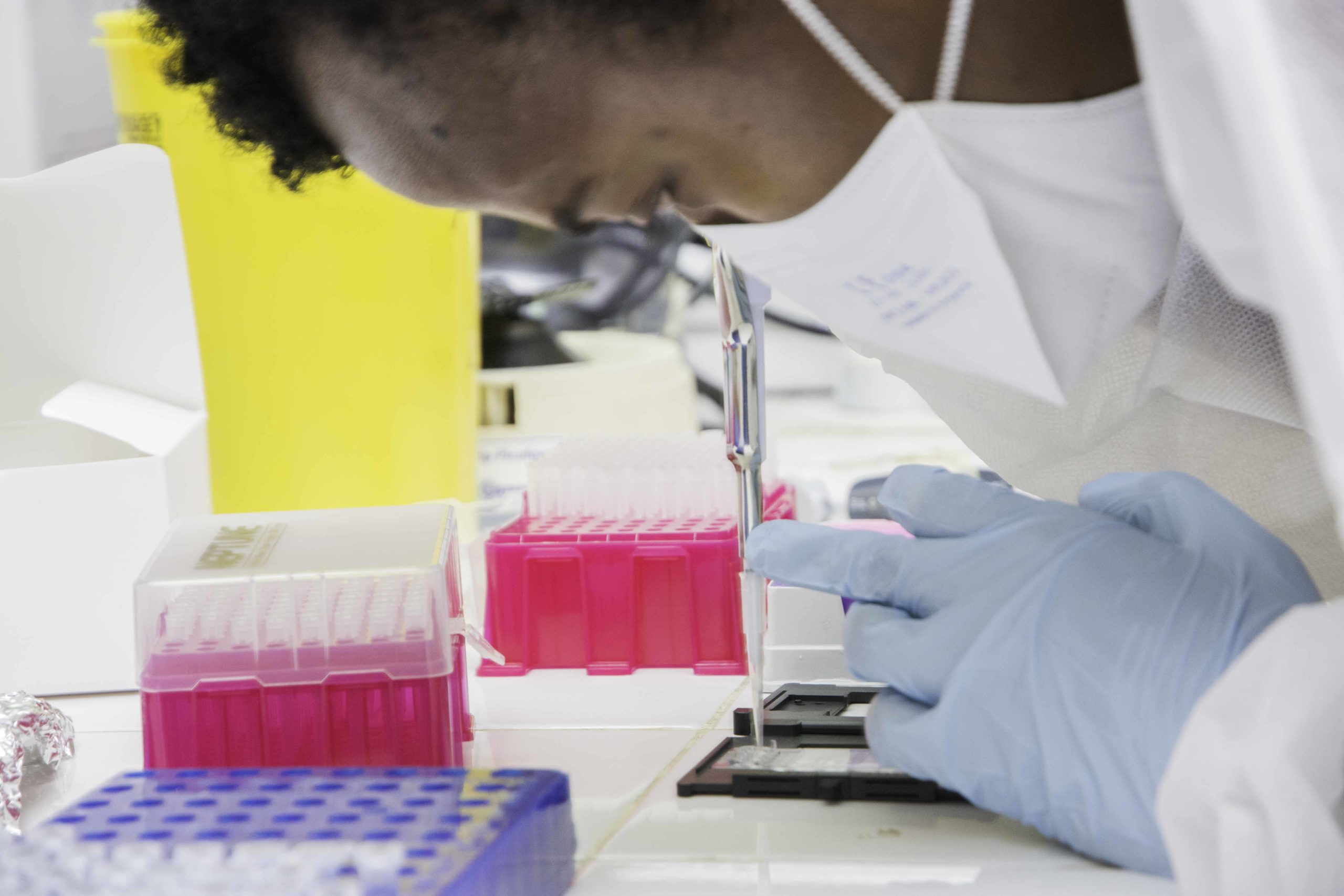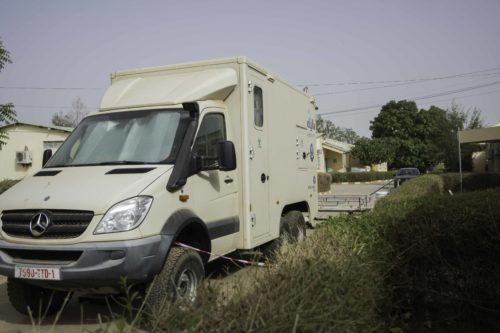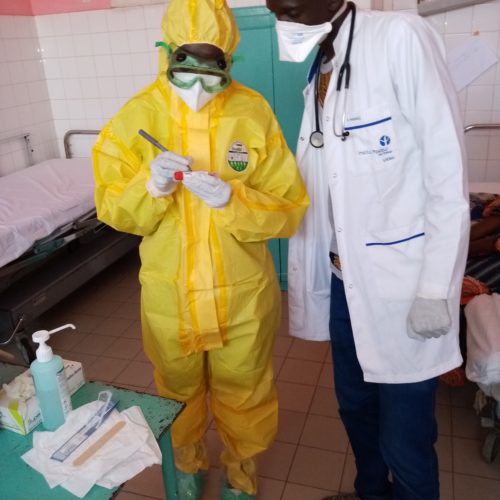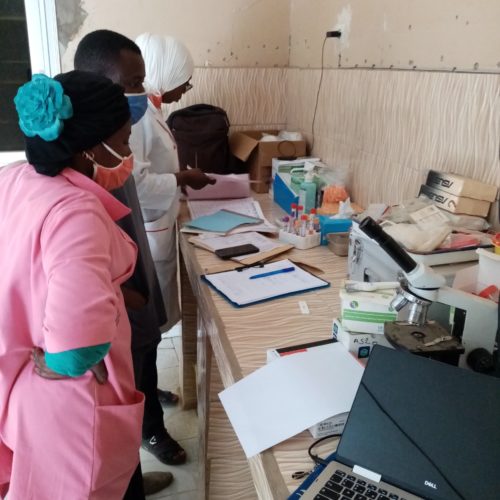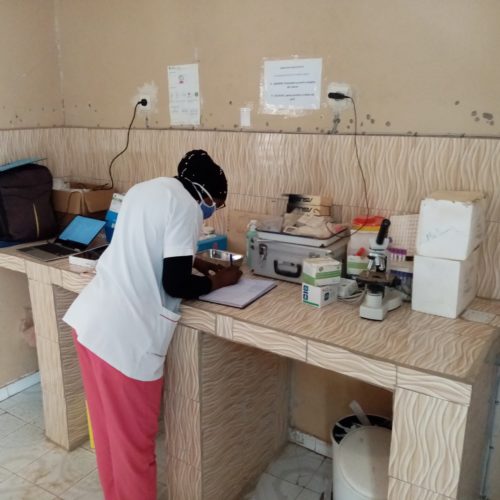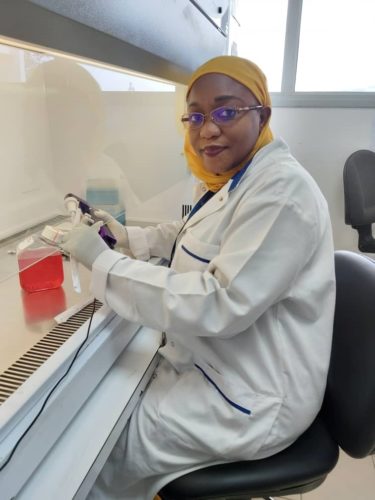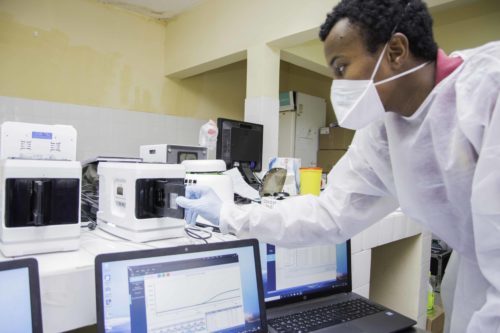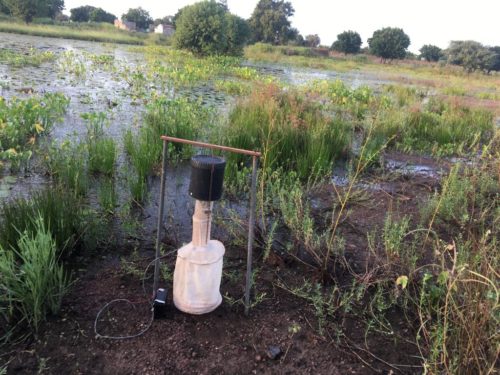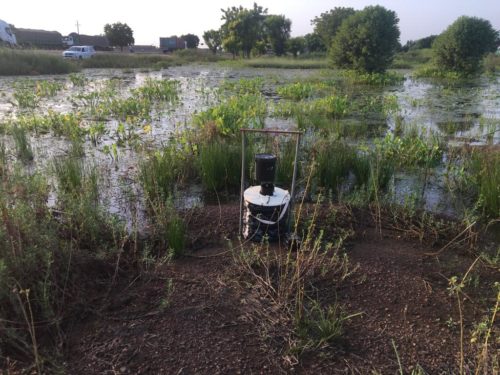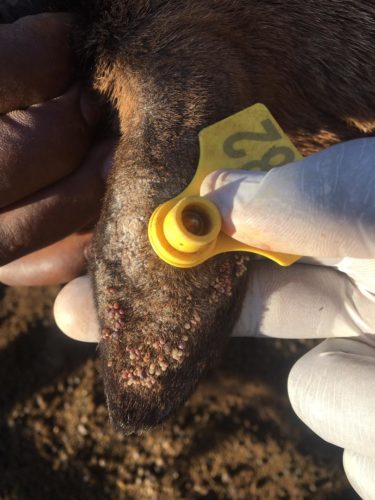The specific results expected for IP Dakar are:
1) Strengthen surveillance and detect known or unknown viruses that can spread to humans. We will build on the sentinel syndromic surveillance sites already existing in Senegal and use standard detection and high-throughput sequencing tools (MiSeq, MinION platform) for rapid identification of pathogens in the field. We will also
- Analyse the genetic variability of circulating viruses.
- Develop new diagnostic tools for detected viruses
2) Understand the dynamics of transmission of endemic RNA viruses at high risk of epidemics. By focusing on the RVF and CCHF viruses, we will be carrying out studies in Senegal on healthy humans using standard and innovative tests in the field. Our objective is to obtain better knowledge of the prevalence and the dynamics of transmission and to identify the main vector insects and animal reservoirs of these viruses. We will also develop a network within the West African region to strengthen capacities for RVFV and CCHFV surveillance and research.

